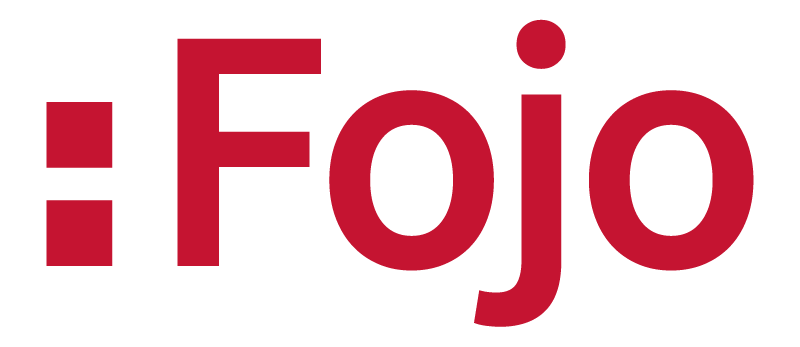The Somali Gender Declaration was established to address the challenges encountered by women in the Somali media industry. It resulted in unprecedented change, such as the introduction of maternity leave at media houses, several cases of addressing sexual harassment in the newsroom and the promotion of women to senior management positions due to a shift in mindset within the sector. What distinguished the Declaration was its departure from a mere policy or set of recommendations; it incorporated an action plan with specific steps and a timeline, enabling tangible and lasting change.
As in many other parts of the world, women journalists in the Somali media sector experience major obstacles due their gender. They receive lower pay and fewer professional opportunities compared to their male counterparts.
Why?
During challenging economic periods, they face a heightened risk of job loss. When a Somali woman gets married or has children, she has typically been expected to quit her job. Moreover, Somali women journalists encounter stigmatisation from both their families and society at large while pursuing a career in journalism.
How?
The rationale behind the initiative was to assist the Somali Women Journalists Organisation (SWJO) in formulating and implementing a change strategy for women in the media sector. The project emphasised ownership by SWJO and the active involvement of women journalists from across Somalia, with Fojo Media Institute providing support as a sounding board and a resource for international gender expertise. The success of the declaration can be attributed to the united efforts of SWJO members, who played a pivotal role in driving the initiative.
RESULTS
- Four media houses introduced a three-month paid maternity leave
- Six media houses promoted women to decision-making positions
- A media house dismissed a male worker who sexually assaulted a female colleague
- Two media houses installed CCTV cameras to prevent and reveal sexual harassment
- Goobjoob Media Group, the largest privately-owned media house in Somalia, and Kalsan TV, a UK-based Somali media, created gender desks to monitor gender-related issues and support female journalists within the media houses
- The Ministry of Information of Somalia withdrew a job ad seeking to hire female TV journalists solely based on their looks, and dismissed the editor of the national TV company as a result
Impact
A nationwide debate was launched on the status and perception of women journalists in Somalia. Roundtable meetings were organised across the country, bringing together women journalists, their male peers and senior management for candid discussions about issues ranging from sexual harassment to the lack of professional opportunities for women. The roundtables were often eye-opening for the management, who had never considered the gender bias they were responsible for, or inadvertently perpetuating.
The Somali Gender Declaration was developed, formulating concrete steps to improve the situation of women journalists. Rather than developing gender policies with abstract formulations and principles, 19 tangible action points allowed for everyone involved to easily understand what was needed or could be done to create change. Continuous monitoring of the action points allowed for both SWJO and the media houses to measure progress over time and decide on new objectives and actions.
All the signatory media houses changed their conduct in relation to women journalists. A year after the Gender Declaration was signed by 47 media houses, all of them had made considerable progress in improving the work conditions of their female staff, such as introducing paid maternity leave, creating separate prayer rooms for women and acting on sexual harassment cases. It was the first time ever that such a high number of media houses committed to change – and acted upon it.
Local ownership meant the initiative adapted to the realities of the Somali media sector. From the outset, Fojo clearly placed the ownership of the initiative with SWJO, thus increasing the chances for success since they were truly in the driver’s seat. A core group of committed women journalists spent years driving the initiative and have made a mark both nationally and internationally. Financial support and long-term engagement with SWJO was also critical to the declaration’s success.
The initiative led to a movement that reached far beyond the media sector. An unexpected result was that the Gender Declaration became the catalyst of a broader gender equality movement in Somalia. The empowered women have gone from being low-profile about their profession to proudly showcasing themselves as journalists. They have also started creating spaces for other women in their media coverage, in particular female politicians who previously had very limited visibility in the media. This all contributes to how women are generally perceived in Somali society and is a vector of real societal change.

The Somali Gender Declaration Guiding Principles
- Whereas it is essential to make extra efforts to recruit more women in media houses;
- Whereas women receive higher education and professional development whenever and wherever appropriate;
- Whereas women are equipped to hold senior positions in the media to overcome challenges;
- Whereas gender sensitivity in contracting conditions are considered;
- Whereas all men and women receive equal pay and benefits for equal work;
- Whereas women have adequate maternity leave;
- Whereas comfortable, safe and supportive work environment is provided;
- Whereas separate places for prayer and ablution for women is provided;
- Whereas separate gender restrooms/washrooms and dressing room are available;
- Whereas a separate nursing and lactation room is established;
- Whereas are women treated professionally and with respect;
- Whereas gender sensitivity trainings are conducted;
- Whereas comments on women’s physical appearance or dress is off limit as it is forbidden in Islam;
- Whereas offensive jokes sayings or proverbs that are demeaning to women are prohibited in the workplace;
- Whereas strategies to prevent gender-based violence are established;
- Whereas effective complaints and grievances process of misconduct committed by individual is established;
- Whereas sexual harassment is against the law;
- Whereas perpetrators face punishment in accordance with procedural norms at workplace or before applicable justice;
- Whereas support groups for victims are established
Signatories commit to observe, enforce and protect the aforementioned points in this declaration.
Read more about Fojo's work in Somalia here.



